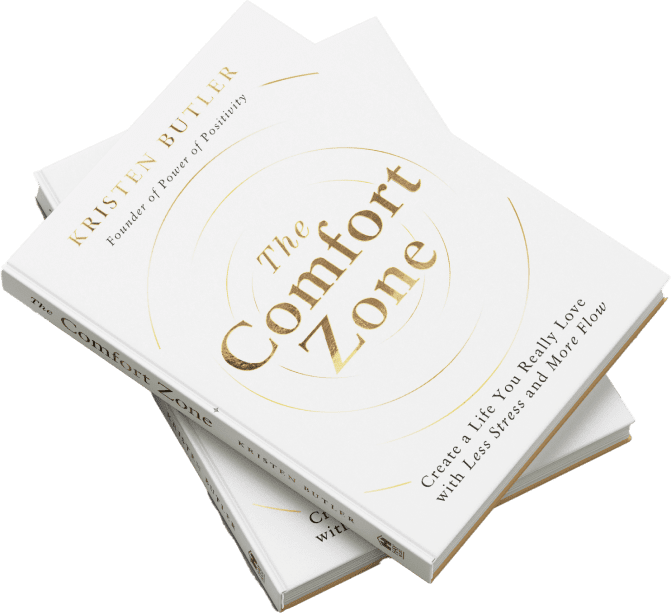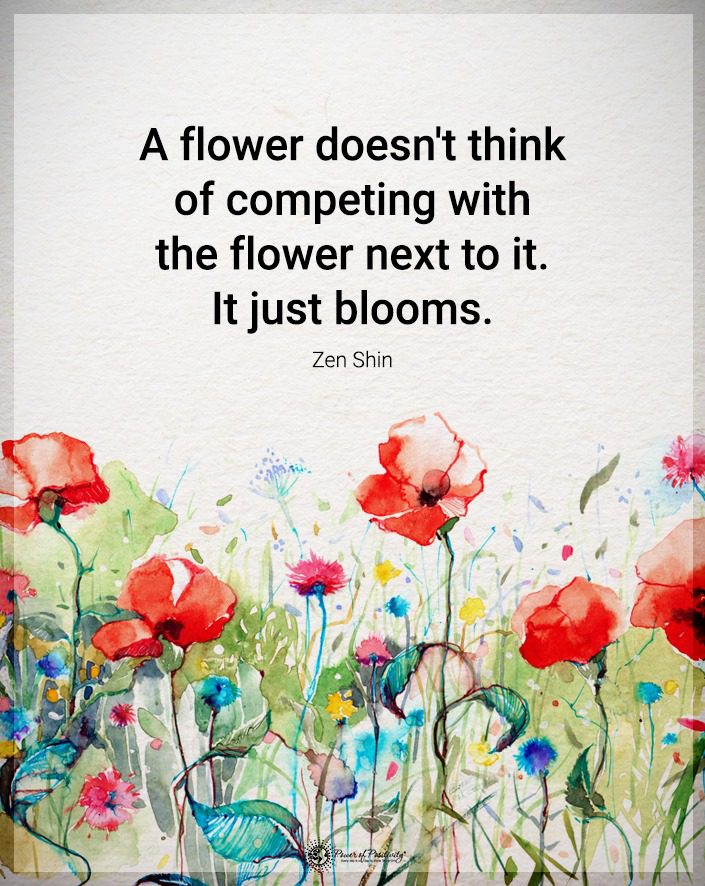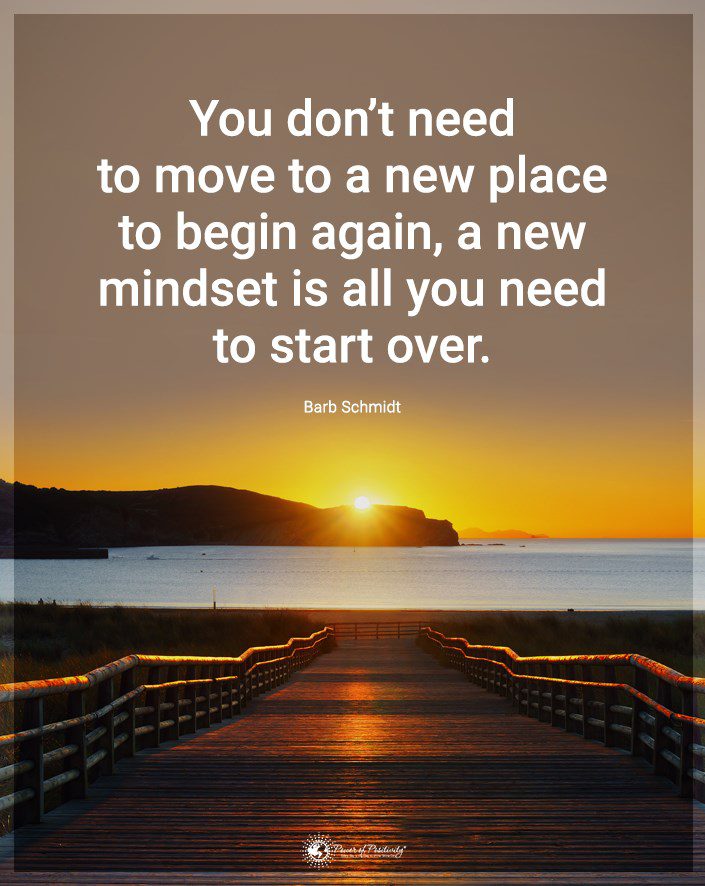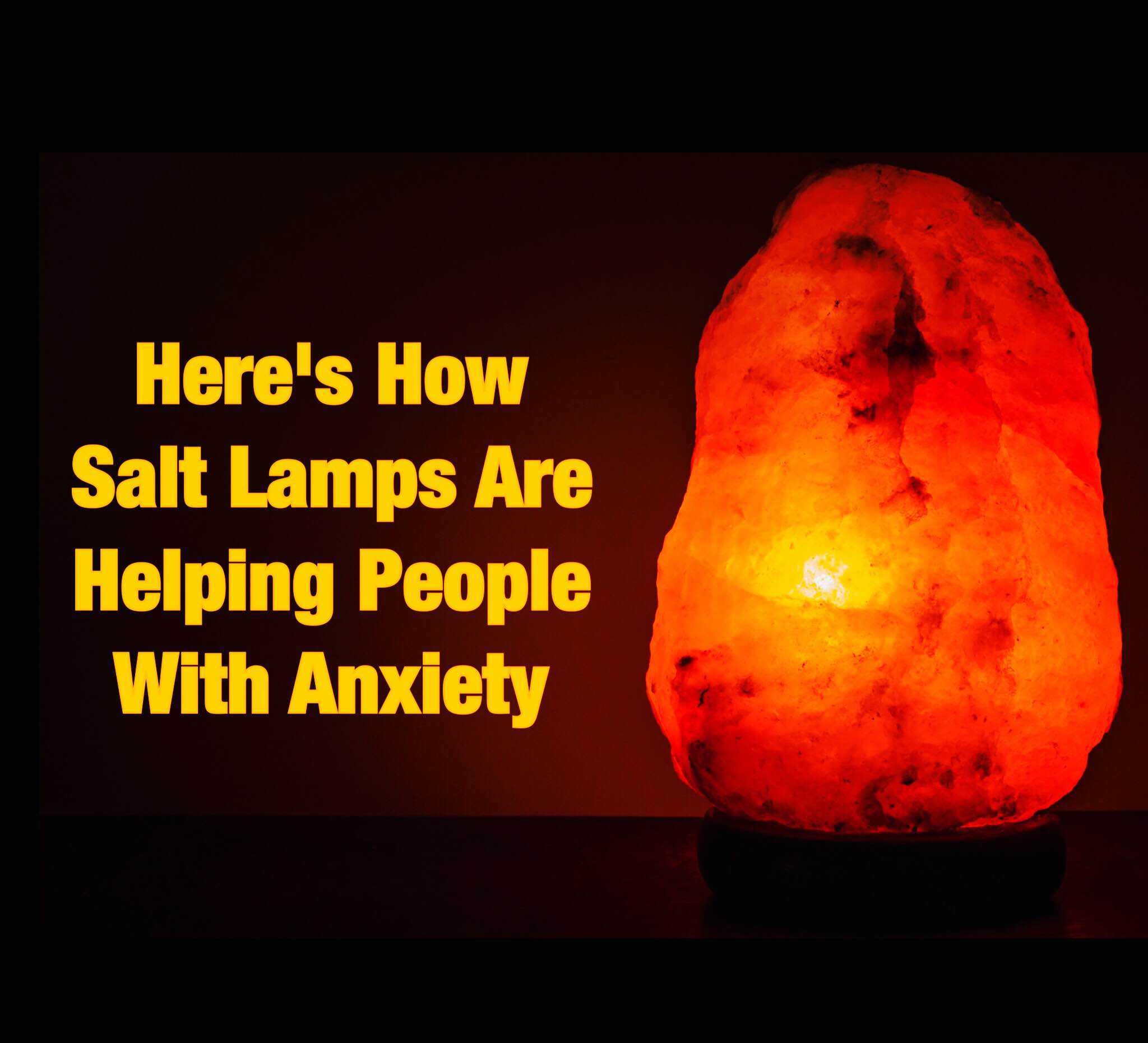Many of us are conditioned to believe that we can’t achieve growth in life until we step out of our comfort zone. What if that advice was always wrong? What if you must expand your comfort zone, not leave it altogether?
Consider this. What if people who push others out of their comfort zones actually refer to the complacent zone? It’s important to understand that the comfort and complacent zones are different.
People in the Complacent Zone have experienced so much failure that they lack the motivation to achieve anything beyond what they’ve already achieved. However, people in their comfort zone are always looking for ways to achieve more while being grateful for what they already have. They feel at ease and don’t view accomplishments and goals as competition, so they naturally support others in their journey to success.
As a young child, Kristen Butler dreamed of a successful life. But she was constantly criticized, ridiculed, and mocked for being too slow, poor, or unpopular. The people she looked up to as a child told her she’d have to step out of her comfort zone to achieve anything important. This is a belief that many of us are also pressured to adopt. Stepping out of your comfort zone often means sacrificing your true self, ignoring your inner voice, and neglecting your inner guidance.
It took Kristen a painfully long time to realize she needed to return and find peace and strength within her comfort zone. Today, Kristen Butler is the driving force behind Power of Positivity, a global hub for expansive ideas with over 50 million followers worldwide. Instead of stepping out of your comfort zone, why not expand it? There are many reasons to consider expanding your comfort zone for happiness, sustainable personal development, and satisfaction.
Expand Your Comfort Zone for Sustainable Personal Growth
Expanding your comfort zone is all you need for personal growth and development. Quick bursts of personal growth have minimal benefits compared to sustainable personal growth. This is because quick bursts fade and become unnatural occurrences that you find challenging to relate with.
For example, one day, you’d be willing to remind yourself that hurtful emotions are temporary. The next day you’d unknowingly let yourself feel them. This is because bursts of personal growth bypass the subconscious mind, becoming an occurrence rather than a habit. Occurrences don’t help you feel better. Sustainable growth, on the other hand, is when you partner with your subconscious mind and let it be responsible for reminding, inspiring, alerting, guiding, and educating you.
Habits, whether good or bad, are conscious or unconscious acts we perform throughout the day. We can perform them because they’re cemented in our subconscious mind. Sustainable personal growth is more achievable within your comfort zone because this is where you’re in tune with your subconscious mind.
The Drawbacks of Bypassing Your Subconscious Mind
For example, you want to learn to swim but fear water. Since swimming is outside your comfort zone:
- Option 1: Would you still take the leap and register with your local swimming club because of the “no pain, no gain” concept?
- Option 2: Take the time you need to understand the benefits of learning how to swim before registering with your local swimming club?
If you picked Option 1, you’re giving your mind an element of surprise it may or may not like. You’re bypassing your subconscious mind, which means that your mind and body may or may not be able to absorb the shock that comes with inner imbalance. An inner imbalance arises when you’re unsure what you want and how to achieve it. For instance, in this case, you know you want to swim but don’t know why you want it, how it benefits you, its drawbacks, or what’s required for you to master it.
Registering with your local swimming club will leave you feeling extreme stress and anxiety without consulting your inner self. Option 1 becomes an occurrence you’d like to overcome instead of a memorable experience you can benefit from and learn from. Option 1 is stepping out of your comfort zone.
If you picked Option 2, you’re preparing yourself for what’s to come to prevent anxiety and stress. You’re partnering with your subconscious mind, so it reminds you why you need to learn how to swim when you get cold feet. When you know why you’re doing something, questions and doubts leave your mind. Option 2 helps you expand your comfort zone.
Remember, gradual expansion leads to long-term development, whereas sudden leaps out of your comfort zone can be overwhelming and unsustainable.
Expand Your Comfort Zone for Decreased Anxiety and Stress
Stepping out of your comfort zone brings more than just stress and anxiety. Kristen experienced this first-hand when she ventured beyond her comfort zone. She constantly tried to please others in exchange for love, acceptance, and approval. The act of pleasing people adds tremendous stress to your mind.
You’ll constantly strive to meet others’ expectations and prioritize their happiness over your own. Stepping out of your comfort zone may yield immediate results, but it also brings constant stress and anxiety as you worry about how others perceive you. Achieving personal goals will become laborious as you balance your true happiness with what others want you to achieve.
For example, you want to become a singer, but others think you’d be an excellent pianist. Stepping out of your comfort zone means striving to be a pianist because others think you’d be good at it. Staying in your comfort zone is learning to be a singer and a pianist! Instead of pushing yourself to extremes and fulfilling other people’s aspirations of you, learn to pursue your aspirations within the familiar environment of your comfort zone.
That doesn’t mean you can’t take risks or challenge yourself. When you expand your comfort zone, you encourage yourself to take on manageable challenges without excessive stress. You can start decreasing stress by staying within your comfort zone and embracing the familiarity and security it offers. So in the previous example, your priority would be to become a singer and learn the piano if it makes sense.
Expand Your Comfort Zone for Increased Confidence and Self-Efficacy
When you expand your comfort zone, you embrace your strengths and flaws, but it doesn’t end there. Expanding your comfort zone allows you to work on your flaws, which increases confidence, self-efficacy, and self-belief. When you embrace your strengths and weaknesses, you let people know how you want to be treated versus how they want to treat you.
You’ll no longer want to please people to get in their good books. You’ll want to learn how to become a better version of yourself. And this means you’ll want to challenge yourself, all while you’re in your comfort zone. Many people think you can challenge yourself and achieve your goals only when you step out of your comfort zone. This is far from the truth.
When people venture outside their comfort zone and push themselves, they often take a few failures to abandon the challenge and seek alternative paths. This happens even if the challenge could have brought them significant benefits. When they abandon the challenge, they force themselves to believe that “everything happens for the best.” These are the same people who, years later, regret not tackling the challenge when they had the opportunity.
Therefore, the best way to avoid regrets and increase your confidence and self-belief is to stay in your comfort zone. That gives you the stability you need to reach new heights. Remember, tackling challenges within the comfort zone can boost self-esteem. When you expand your comfort zone, you become confident in your capabilities to improve your strengths and work on your flaws.
Expand Your Comfort Zone for Enhanced Adaptability and Resilience
Change is a scary concept for most of us. We rarely want to do things that fall outside our familiarity zone. But what happens when change becomes necessary for success? In an ideal world, you’d deal with change with resilience and adaptability. You’d see change as a challenge you must overcome to succeed.
But most of us fear change so much that we deny its existence and let it destroy our potential for growth and personal development. When you step outside your comfort zone, you put yourself in unfamiliar territory, constantly anxious, stressed, and uncomfortable. Add change to this mix, and we’ve got a person constantly on their nerves.
When stressed and anxious, you’d never be able to accept change, let alone learn from it. Instead of stepping out of your comfort zone, learn to expand it to build resilience so you can cope with change. Staying in your comfort zone can help you improve your ability to cope with change and build resilience for future challenges.
Final Thoughts on Expanding Your Comfort Zone for Personal Growth
The concept of stepping out of one’s comfort zone is often misunderstood. People in their comfort zone can still strive for personal growth, happiness, and success while remaining true to themselves. It is crucial to differentiate between the comfort and complacent zones, where an apparent lack of motivation hinders progress.
Start building confidence through comfort zone expansion by actively seeking new experiences, embracing challenges, and pushing yourself inside familiar boundaries. Expanding the comfort zone can lead to sustainable personal growth and lasting happiness and satisfaction.
It can decrease anxiety and stress, increase confidence and self-efficacy, and enhance adaptability and resilience. As Kristen says, “You cannot create a fulfilling life when you are uncomfortable.” By embracing challenges within a familiar environment, you can find a harmonious balance between personal aspirations and the need for growth.



















